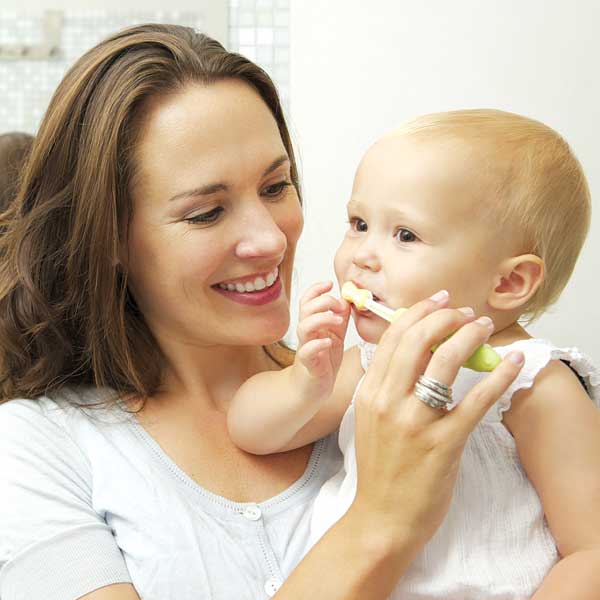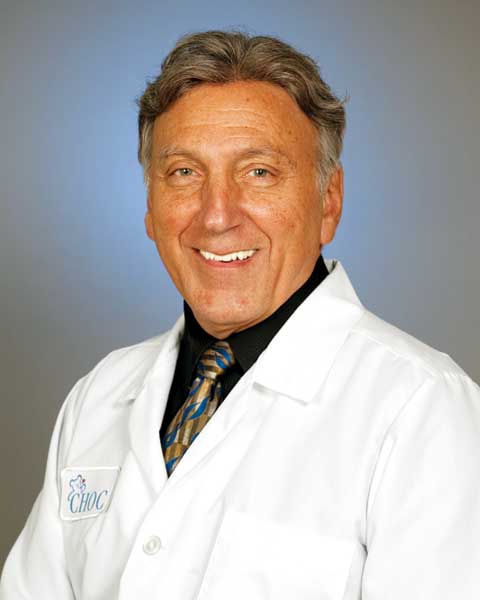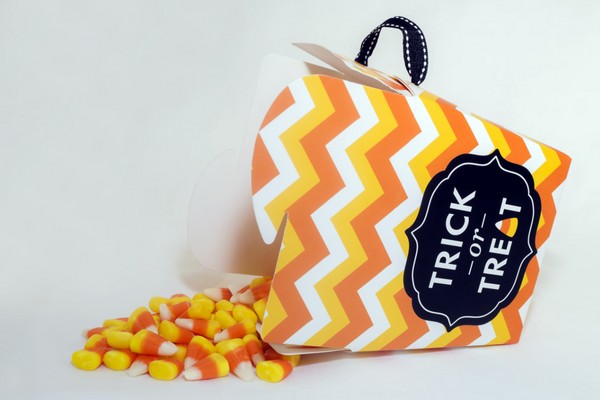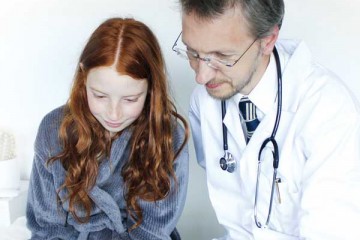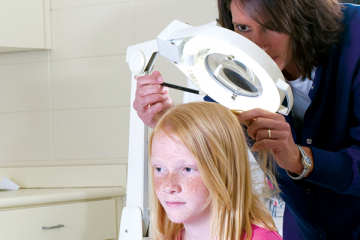Flossing Tips for Your Little Ones
Brushing teeth properly and consistently helps to remove most dental plaque, however, brushing alone cannot remove plaque that is located in places that a toothbrush cannot reach, particularly in-between teeth. In addition to removing plaque, flossing also helps to remove debris that adheres to teeth and gums in-between teeth; polish tooth surfaces; and control bad breath. It should take place at least once a day for two to three minutes each time to be most effective.
Flossing should be started when your child is around 3 to 4 years of age, under the direction of your child’s dentist. Prior to this age, flossing is not necessary. Children usually need assistance with flossing until they are 8 to 10 years of age.

